Explore Africa in the 21st Century with Kwabena Opoku-Agyemang
September 24th, 2019 | SIT Study Abroad
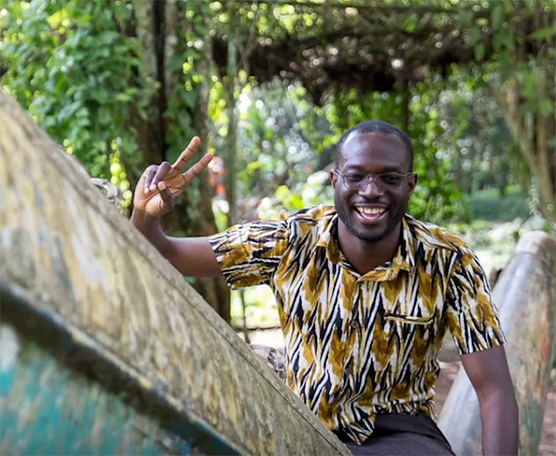
Kwabena Opoku-Agyemang is academic director for Ghana: Africa in the 21st Century. And although he's relatively new to the program, SIT is not new to Kwabena. His mother was an SIT academic director before him, so, SIT students have always been a presence in Kwabena's life.
Today, he holds a master's degrees from the University of Ghana and West Virginia University, and a PhD from West Virginia University in English with a focus on African electronic literature. In addition to his work with SIT, he teaches at the University of Ghana.
My interest was how people use African digital creative expression in [digital] ways, but also, of course, if you're looking at Africa, oral tradition and oral literature are very significant portions of African culture.
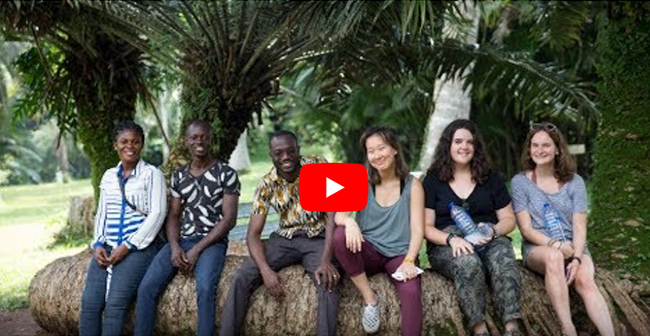
In this video, he talks about why Ghana is a great place to rethink ideas about Africa and how, by living and studying in Ghana, you'll develop a critical perspective on mainstream representations of Ghanaian and African society.
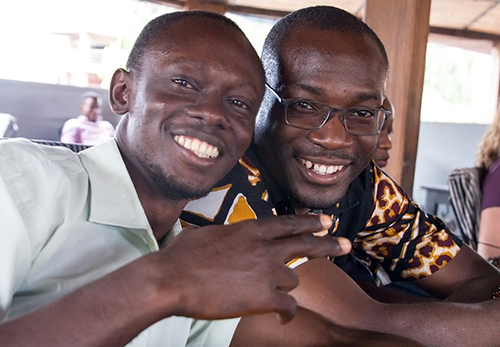
... one of the mistakes that a lot of people make is they think Africans simply consume digital technology.
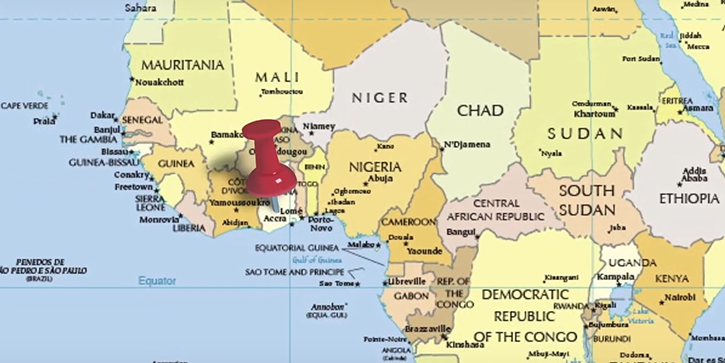
... typically Americans have this idea of Africa or Ghana based off what they watch on CNN or some major mainstream media. And in the reverse ... the idea that Ghanaians have about America is also based off of Hollywood movies.
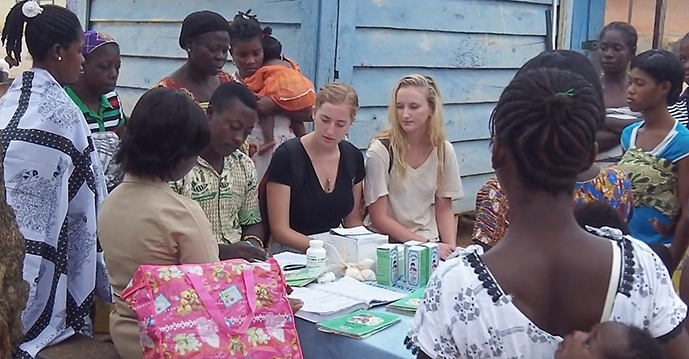
... when they come to Ghana they will see that, yes, there are some of the stereotypes hold true to an extent. After all, stereotypes are not necessarily wrong. The problem with a stereotype is you take that single truth and make it to represent everybody else.
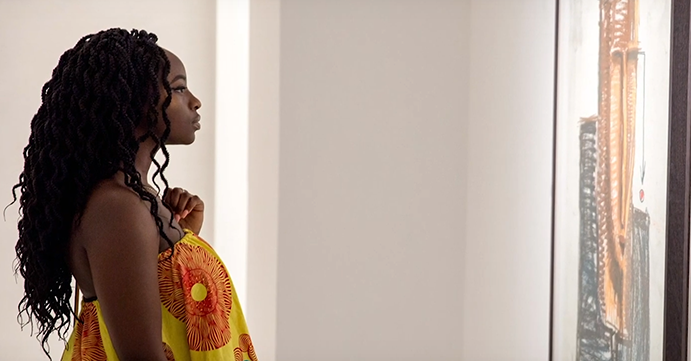
So they will see some of the things that they've seen on CNN ... but they'll realize that that's not the only thing, and then they will see that people are as normal as they are. They have the same anxieties. They have the same strengths. They have the same worries. They have the same things that they find interesting. And they will converge and diverge on different points.
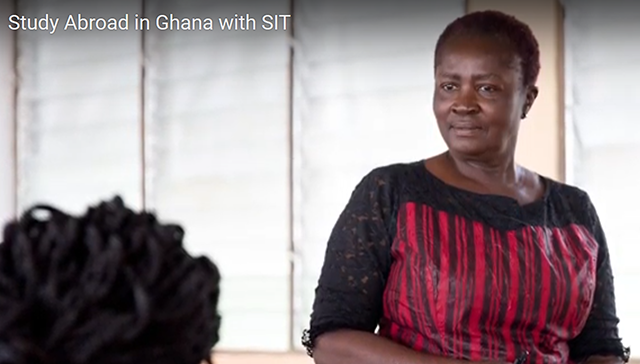
Ghana has so much to offer in terms of both formal and non-formal educational opportunities.
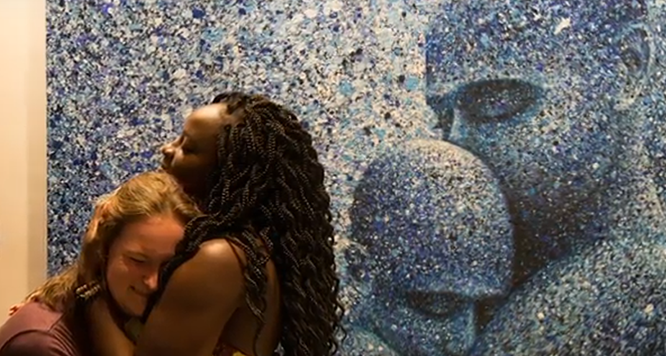
They will learn how different people communicate cultural norms, and how some of the things that they are used to will be challenged just by staying with another family, another culture. The homestay [family] will also learn from these American students as well ... both will teach each other, and that, I think is the beauty of experiential learning.
